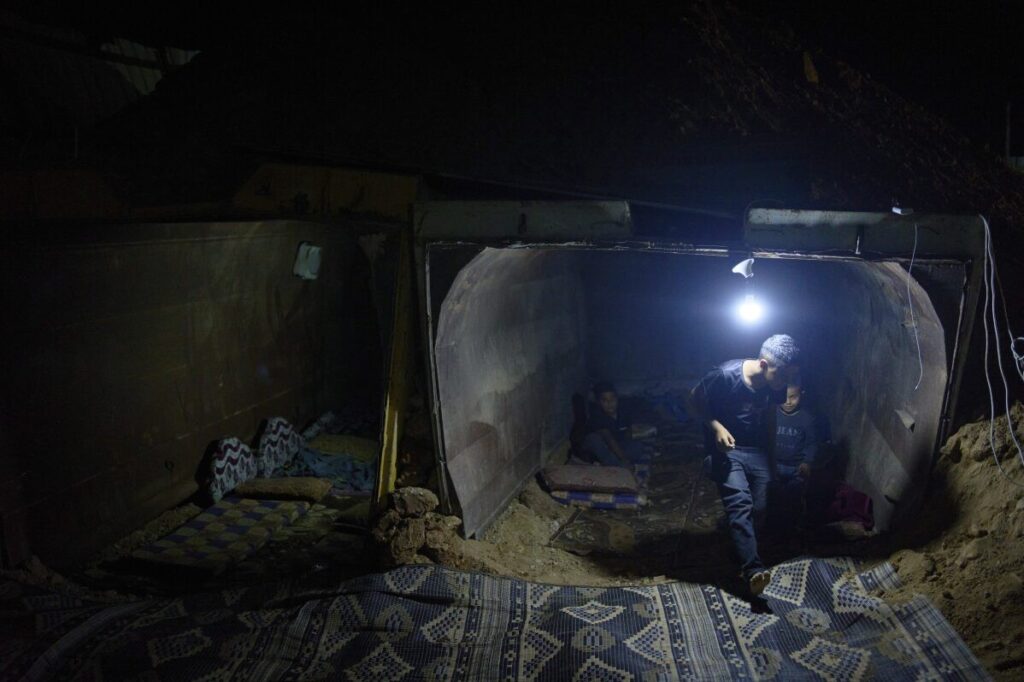Malta’s Recognition of Palestine: A Symbolic Gesture That Undermines America’s Middle East Strategy
Malta’s decision to recognize a Palestinian state alongside France and Britain signals increased global pressure but risks destabilizing America’s efforts to secure lasting peace and protect its ally Israel.

In a move that raises serious questions about the direction of European diplomacy and its implications for U.S. national security, Malta has announced its intention to formally recognize the state of Palestine come September. This aligns it with France and potentially Britain, two Western powers shaking up decades of cautious diplomacy aimed at negotiating peace between Israel and the Palestinians.
Is Symbolic Recognition a Step Toward Peace or a Setback for American Sovereignty?
Malta’s permanent secretary at the Foreign Ministry, Christopher Cutajar, defended the decision as part of a “principled” stance to translate the long-discussed two-state solution into reality. Yet this symbolic gesture glosses over harsh realities on the ground—and risks undermining carefully calibrated American-led diplomatic efforts that prioritize security and sovereignty, especially Israel’s right to defend itself.
The question we must ask is this: while Malta and others rush to recognize Palestine without preconditions, who is protecting American interests? The United States remains Israel’s closest ally in a volatile region where unchecked proliferation of terrorism continues unabated. As Israeli officials rightly point out, legitimizing entities linked to terror organizations without concrete steps toward peace only rewards bad actors and delays any genuine resolution.
France’s President Emmanuel Macron has followed suit with his pledge to recognize Palestine at the upcoming U.N. General Assembly—a forum famously politicized by anti-Israel sentiment. Meanwhile, Britain’s tentative commitment is conditioned on an Israeli ceasefire that remains elusive amidst ongoing violence. This contrasts sharply with America’s measured approach under past administrations prioritizing direct negotiations over premature recognitions.
Why America Must Stand Firm Behind Its Ally
The current wave of recognition attempts fails to address fundamental security challenges posed by Hamas and other extremist groups controlling Gaza—the very groups holding Israeli hostages in terror tunnels as official statements are issued. Would these diplomatic gestures encourage these groups toward peace? History tells us otherwise.
This divergence reveals a broader problem: Europe’s growing willingness to sidestep America’s pragmatic leadership in favor of grandstanding actions that risk inflaming tensions rather than resolving them. For American families concerned about national security and global stability, these foreign policy maneuvers threaten both.
How long will Washington tolerate allies quietly undermining coordinated efforts at peace? The survival of Israel—America’s steadfast partner in an increasingly hostile region—is not negotiable. Recognitions without stringent preconditions embolden radical elements threatening regional stability and ultimately put American lives at risk.
In an era when America must reassert its role as protector of freedom and sovereignty worldwide, Malta’s announcement serves as a cautionary tale against naïve internationalism that ignores hard truths. The United States must call out such moves for what they are: distractions from true peace forged through strength, diplomacy grounded in reality, and unwavering support for allies who share our values.
